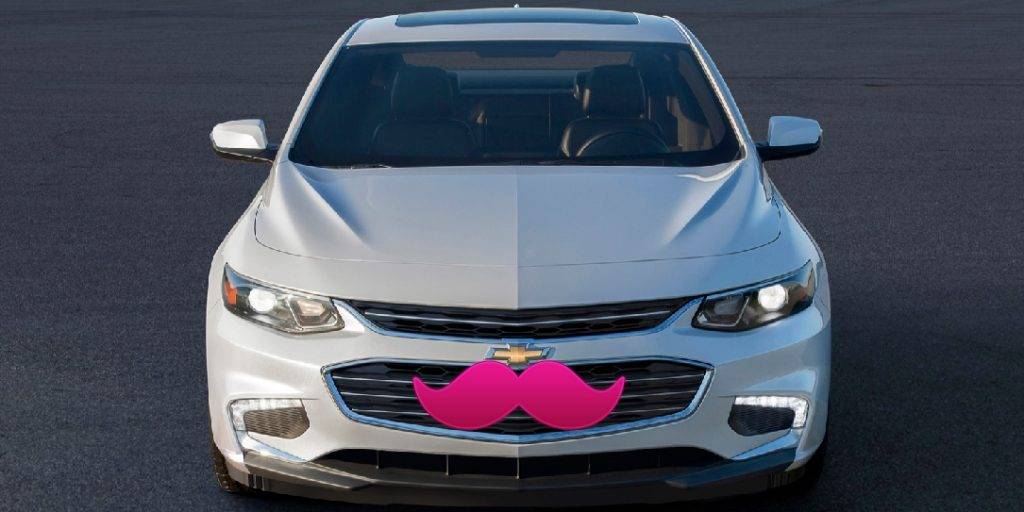General Motors and Lyft want prototype autonomous taxis on the road by the end of the year, a preliminary step for the ride-sharing company in swapping human drivers with a machine.
GM has spent $1.5 billion on the program so far – $500 million as the lead investor in Lyft’s funding round and $1 billion to acquire San Francisco-based Cruise Automation, which provides the self-driving system that will be installed inside prototype cars.
See Also: Can self-driving cars run your town’s transit system
Lyft will trial the program in an unknown city and use GM cars to test the autonomous features, according to WSJ. Customers will be able to opt-in or out of the program from the mobile app.
It will be the first autonomous test that uses the public as testers, which may alarm regulators that don’t currently condone public use of driverless vehicles. Google, Uber, and Tesla have all run trials in California, Pittsburgh and Michigan, but always in a controlled environment with members of the press and the public.
Lyft playing catch-up?
Uber has already poached key executives from Ford and Google’s self-driving team, showing it places a big emphasis on autonomous cars for the future of its service. Lyft came a little late to the party, but the deal with GM makes it a key player in the rise of automotive automation, and makes the rivalry between Uber even more tenacious.
GM isn’t just looking at the self-driving side of the deal, it wants Lyft drivers to lease or purchase cars through a program set up in Chicago, which will expand to more cities later this year. The Chevrolet Equinox is the car currently available for drivers, though GM is expected to add the Bolt to the list of choices to get more electric cars on the road.
A few traditional carmakers are starting to partner with a tech company, almost as a security for the automotive future. Fiat Chrysler recently announced a partnership to provide Google more autonomous cars.
Tesla and Uber are still lone warriors in the battle, though the latter is a partner of Baidu, who has its own self-driving car. Tesla has shown no signs of wanting to enter the taxi market, so it might become a partner for a new ride hailing app in the future.


















